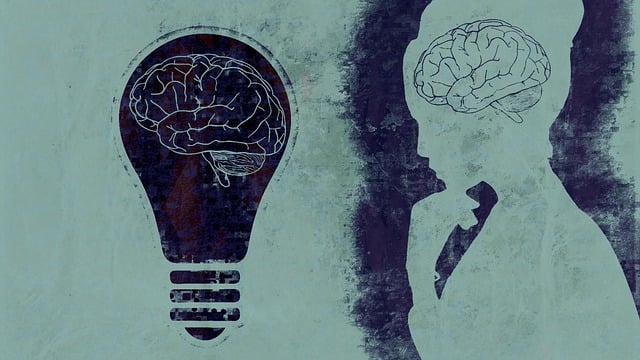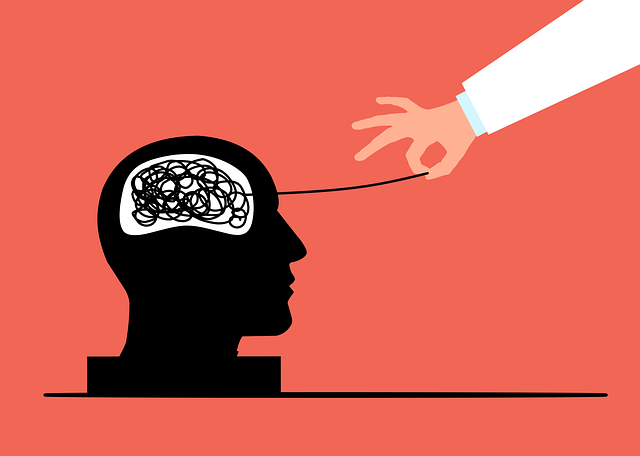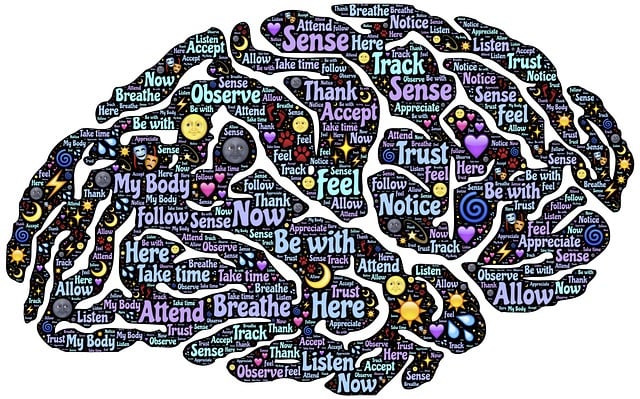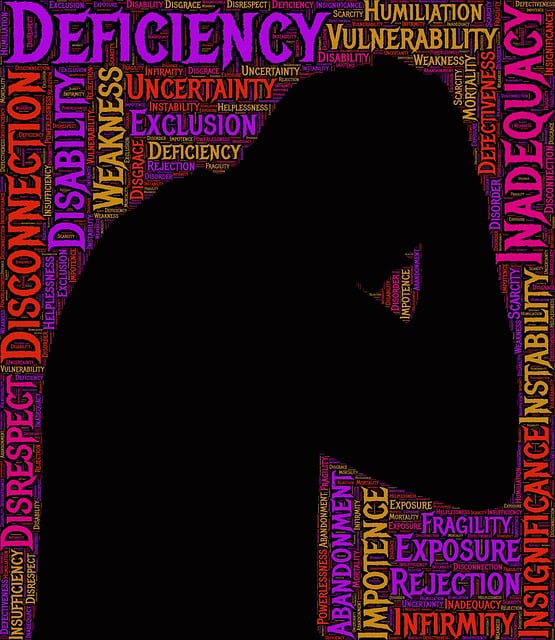Louisville Hypnosis Therapy leverages diverse data sources, from qualitative notes to quantitative surveys, to gain a comprehensive view of clients' mental health states. They integrate demographic info, medical history, and psychological evaluations for informed decision-making. Preprocessing and cleaning raw data ensures accuracy, while mindfulness techniques and crisis tools facilitate real-time feedback. Statistical analysis and qualitative methods reveal patterns, guiding tailored interventions and Mental Health Education Programs. This holistic approach revolutionizes care with personalized, data-driven strategies for both clients and healthcare providers.
Mental health data analysis is a powerful tool in understanding and treating psychological well-being. This article explores the intricacies of this process, from collecting diverse data sources to preprocessing for accurate interpretation. We delve into advanced analysis techniques, emphasizing the importance of insights derived from these methods.
Through case studies, we demonstrate how Louisville Hypnosis Therapy utilizes data to tailor treatment plans, showcasing the potential of evidence-based practices in mental health care. Discover how analysis and therapy intertwine to revolutionize patient outcomes.
- Understanding Mental Health Data: Collection and Sources
- Preprocessing and Cleaning Data for Accurate Analysis
- Techniques for Mental Health Data Analysis
- Interpreting Results: Insights and Applications
- Louisville Hypnosis Therapy: Leveraging Data for Personalized Treatment
Understanding Mental Health Data: Collection and Sources

Understanding Mental Health Data is a multifaceted process that begins with recognizing the diverse sources and methods of collection. In Louisville Hypnosis Therapy, for instance, client sessions often include detailed notes on symptoms, progress, and treatment techniques used. These qualitative data offer valuable insights into individual experiences and response to therapy. Quantitative data, such as surveys and standardized assessments, also play a crucial role in mental health research and practice. The Mental Wellness Podcast Series Production highlights the importance of collecting demographic information, past medical history, and psychological evaluations to gain a comprehensive view of clients’ mental health states.
Additionally, Mindfulness Meditation techniques and Crisis Intervention Guidance tools contribute to data collection methods. Louisville Hypnosis Therapy professionals employ these strategies to facilitate client self-reporting and real-time feedback during sessions. By integrating various data sources, from client records to self-assessments, therapists can make informed decisions and tailor interventions effectively. This multi-faceted approach ensures that mental health analysis is not only comprehensive but also responsive to the unique needs of each individual seeking support.
Preprocessing and Cleaning Data for Accurate Analysis

Before diving into mental health data analysis, a crucial step is preprocessing and cleaning the data. This involves preparing the raw data collected from various sources like surveys, therapy sessions, or digital health apps for accurate interpretation. The process entails handling missing values, identifying and rectifying inconsistencies, and transforming data to ensure it aligns with analytical requirements. For instance, at Louisville Hypnosis Therapy, therapists employ structured questionnaires and self-reported measures that demand meticulous cleaning to remove outliers and errors. This ensures that the data accurately reflects clients’ experiences and behaviors, facilitating meaningful insights.
Additionally, integrating Mental Wellness Journaling Exercise Guidance or Self-Awareness Exercises into data collection can enrich the dataset. Such exercises often prompt clients to reflect on their emotions, thoughts, and behaviors, generating qualitative data that requires careful cleaning. By combining quantitative and qualitative data responsibly, professionals can gain deeper understanding of mental health trends, such as tracking anxiety relief over time. This holistic approach not only improves analysis accuracy but also provides comprehensive guidance for developing effective therapeutic interventions.
Techniques for Mental Health Data Analysis

In the realm of mental health data analysis, a multitude of techniques are available to gain insights from collected information. One such powerful method is statistical analysis, which involves employing specialized software to identify patterns and trends within large datasets. This approach allows researchers and professionals like Louisville Hypnosis Therapy practitioners to make informed decisions about treatment strategies. By analyzing demographics, symptom severity, and response rates, they can tailor interventions for better outcomes.
Additionally, qualitative data analysis plays a crucial role in understanding complex mental health issues. Techniques such as thematic analysis enable the identification of common themes within narratives or interviews. This method enhances mental health awareness by providing rich insights into individuals’ experiences with stress reduction methods and emotional regulation techniques. Louisville Hypnosis Therapy, for instance, can benefit from these analyses to refine their practices, ensuring they address the unique needs of each client effectively.
Interpreting Results: Insights and Applications

Interpreting the results of mental health data is a critical step in any therapeutic journey, offering valuable insights that can guide personalized treatment plans. At Louisville Hypnosis Therapy, our experts meticulously analyze various metrics to understand an individual’s unique challenges and strengths. This process involves identifying patterns in symptoms, behaviors, and responses to interventions, allowing us to derive meaningful conclusions.
Through this analysis, we gain a deeper understanding of the client’s mental health landscape. For instance, data might reveal specific triggers for anxiety or depression, shedding light on personal stressors or environmental factors. Moreover, it can highlight areas where Coping Skills Development, Emotional Intelligence, and Social Skills Training could be particularly beneficial. By interpreting these findings, therapists can tailor strategies, ensuring that each treatment session is focused and effective in addressing the client’s unique needs.
Louisville Hypnosis Therapy: Leveraging Data for Personalized Treatment

In the ever-evolving landscape of mental health care, Louisville Hypnosis Therapy is pioneering personalized treatment plans through advanced data analysis. By leveraging robust datasets, therapists gain valuable insights into client profiles, enabling them to design tailored Mental Health Education Programs that address specific needs. This approach ensures that each individual receives a unique and effective therapeutic journey.
Through comprehensive assessments and ongoing monitoring, the team at Louisville Hypnosis Therapy identifies key factors contributing to stress and burnout among their clients. By integrating evidence-based Stress Reduction Methods and incorporating data-driven insights, they develop targeted Burnout Prevention Strategies for Healthcare Providers. This holistic approach not only enhances treatment outcomes but also fosters a supportive environment where clients can thrive.
Mental health data analysis is a powerful tool, especially when tailored to the unique needs of Louisville Hypnosis Therapy. By understanding and interpreting this data, therapists can offer more personalized and effective treatment plans. The process involves meticulous data collection, preprocessing, and advanced analytical techniques to unearth meaningful insights. Through these methods, mental health professionals can make informed decisions, ultimately enhancing patient outcomes and revolutionizing therapeutic practices in Louisville and beyond.














